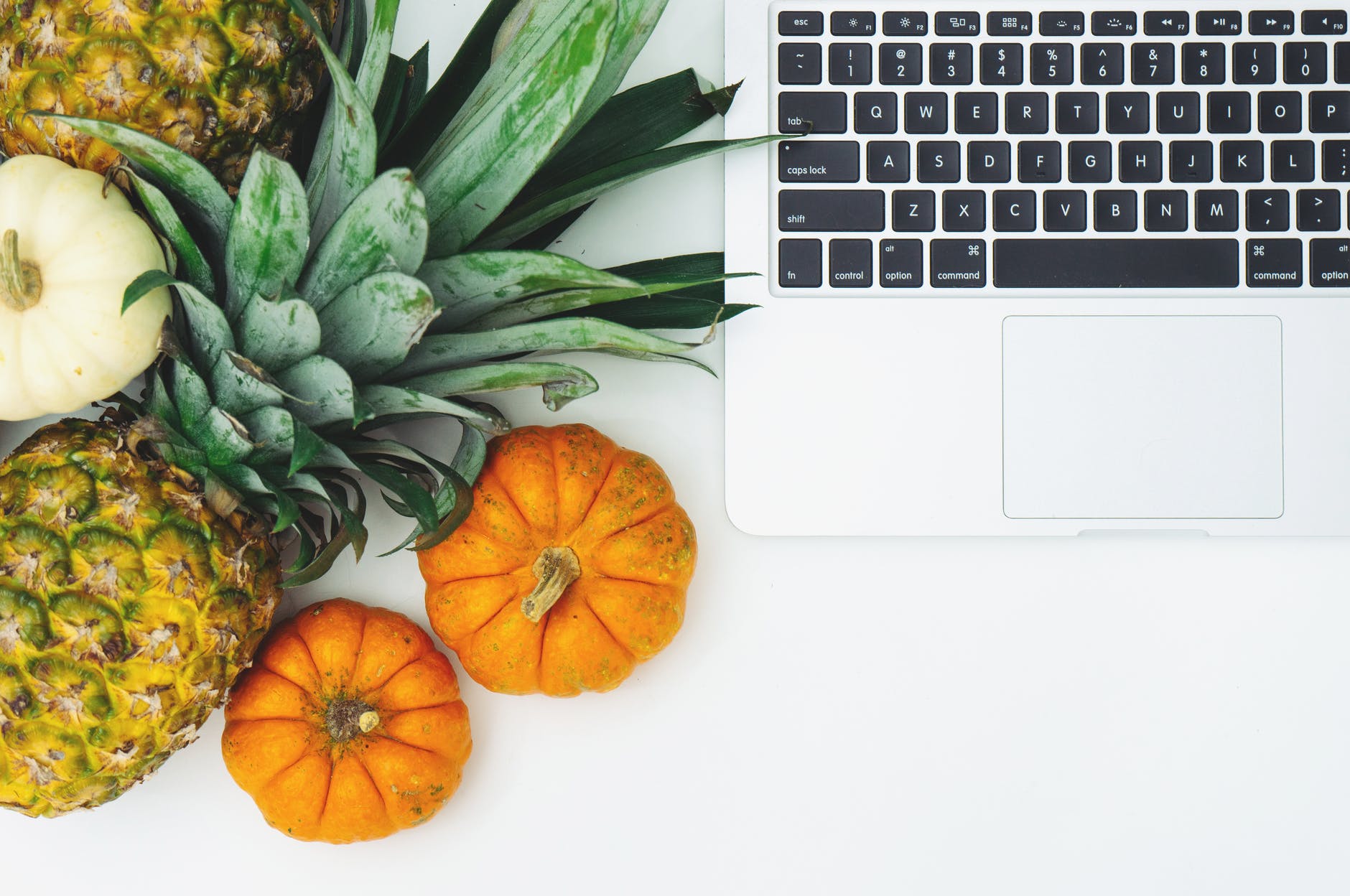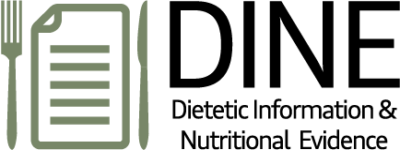
Dietary Dilemma: Entertaining gluten-free!
By Charlotte Foster BSc (Hons), MSc, RD.
Although we need food to provide us with nutrition, for many, food is at the heart of friendships and family. It creates a social outlet e.g. meeting for coffee/ going out for lunch/ having dinner. Yet for some who have a food intolerance or allergy e.g. coeliac disease socialising around food can be a challenge.
With the level of intolerances and allergies on the rise, (and many people without complex dietary needs choosing to follow exclusion diets), the food industry have, and continue to respond, with booming ranges of food products which are gluten, dairy, egg and additive (to name a few) free.
Getting to grips with the management for coeliac disease (following the gluten-free diet and excluding wheat, rye, barley and possibly oats) can make the prospect of planning a meal/ entertaining seem a little overwhelming and a bit of a challenge.
Given this social relationship with food, it is essential that health professionals help those who have dietary-managed diseases not to feel excluded from food-orientated occasions. Here at DINE we want to help make it easier for friends and family of those who have coeliac disease, in order to make the “hassle” of cooking gluten-free a thing of the past.
Top tips for entertaining people with coeliac disease:
1. Get informed!
Make sure you read up on what coeliac disease is and what the gluten-free diet is .
2. Communication is key!
Be open and honest with your guest/ host. For people with coeliac disease, being sensitive to their dietary needs is essential. If you are cooking for people who have coeliac disease, don’t be afraid to ask questions and double check information.
3. Plan ahead & select a menu that is gluten-free but enjoyable for all!
There is such a variety of naturally gluten-free ingredients that cooking gluten-free is often easier than you think!
4. Read the labels!
Gluten is often found in unsuspecting food products such as marinades, salad dressings and many other ready-prepared food products. Make sure you read the food labels if in doubt.
5. Avoid cross-contamination!
This can often seem like a challenge as any food that comes into contact with the smallest amount of gluten will become contaminated. This poses a serious health risk for someone with coeliac disease. Therefore considering how you are going to cook the food is important.
- Prepare the gluten-free meal first if you are choosing to cook a separate dish for your guest who has coeliac disease.
- Wash up all kitchen utensils thoroughly in hot soapy water – you don’t need to buy new separate cooking utensils to cook a safe gluten-free meal.
- Clean all kitchen work surfaces and ensure that the cooking/ food preparation area is uncontaminated from gluten.
- Be diligent to ensure that the gluten-free meal is prepared safely – avoid using toasters/ appliances that are at high risk of gluten exposure.
- Wrap it up! Use foil and thoroughly cleaned tuppaware to store gluten-free foods and ingredients and keep these away from any gluten-containing foods that could lead to cross contamination.
Remember to watch out for:
- Condiments: Knives/ utensils that have been used near gluten-containing foods which are “double dipped” into condiments pose a risk of gluten-contamination. Therefore, ensure you label condiments that are gluten-free and keep these stored separately.
- Toasters: These pose a very big gluten cross-contamination hazard to coeliac disease sufferers. Coeliac disease patients are advised to have their own toasters and to keep gluten-containing foods away from them.
- Chopping Boards & Utensils: Cooking equipment made from porous substances like wood e.g. wooden spoons can hold onto particles of gluten. To be on the safe side it may be advisable to use plastic/ steel (insulated) alternatives.
